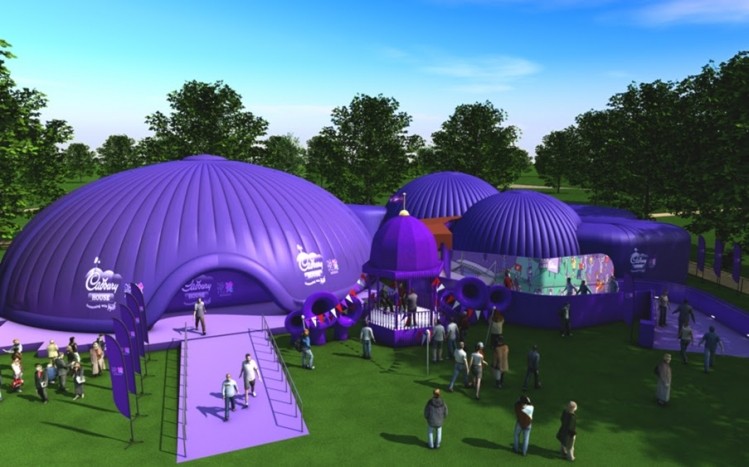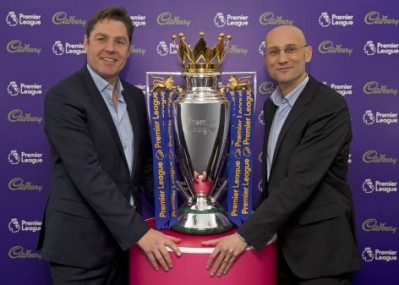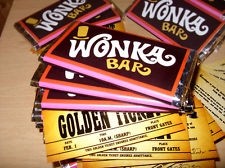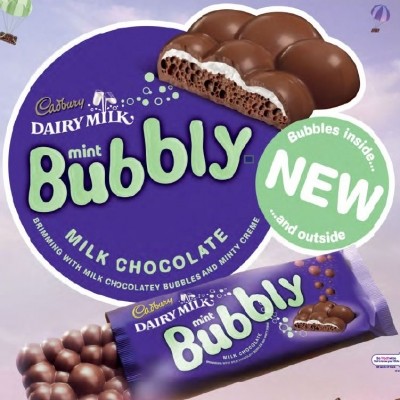Editor's Blog
Confectioners competing for chocolate gold at London Olympics

The London 2012 Olympics Games gets underway on Friday next week with confectioners ready to raise their own flags in a bid boost brand profiles.
We ask what some of the major players are doing, whether it’s worth the investment and how such schemes can be squared with a sporting event.
‘Officially’ promoting their brands
Mars was the ‘official chocolate’ of the last Games in Beijing, but the honour for this year’s event goes to Kraft’s Cadbury brand, which is an ‘official sponsor’ and the ‘official treat provider’.
The company has set aside a £50 million marketing budget for its Olympic campaign, which began as early as 2010.
Marcia Mogelonsky, director of insight for Mintel Food and Drink told ConfectioneryNews.com: “It is not that easy to leverage the Olympic Games: the rules and regulations for sponsorship and use of Olympic logos, etc. are very strict.”
The London Organising Committee of the Games has a 61-page document detailing the permissions on the use of Olympic iconography.
Cadbury using Olympics logo
As a tier two sponsor, Cadbury has paid around £20 million to use London 2012 marks on products and has marketing rights for Team GB and Paralympics GB. It is the only confectioner with such rights, although Wrigley Canada is an official supplier to the Canadian team.
Among Cadbury’s official marketing ploys are its Spots v Stripes campaign, a TV ad, social media package promoting brands such as Crème Egg.
Cadbury’s other campaign “You win, if GB wins” features a front of pack promotion on Cadbury bars such as Wispa and Crunchie and invites consumers to enter a code found inside the wrappers giving them a chance to win cash prizes if a randomly assigned Team GB athlete wins a medal.
Unofficial ways
Mogelonsky said other companies could still capitalise without stepping on the Olympics’ official “toes” with flash marketing campaigns
“A confectioner could promote a ‘spirit of…’ type product or a ‘support the sport of …x” promotion that would tie into the overall spirit of the games, or the excitement of a single sport. “
“Right now, the only way to capitalize on the Games is to be inventive, using a pop-up, flash, or social networking campaign that does not reference the Olympics,” she said.
In Japan for example, Fujiya has re-launched Milky Cocoa Milky Candies with a limited-edition packaging used originally in 1964, the year of Tokyo Olympics. It doesn’t mention the London Games, but promotes the Japanese Team.
Nestle: brand ambassadors
Nestlé, the company behind Aero and Kit Kat, has sponsored a number of Team GB Olympic hopefuls, including diver Tom Dale and Paralympian Shelly Woods.
The company also has a team in the US and Australia.
Ferrero: Casa Italia
Italian confectioner Ferrero plans to have set up a ‘Casa Italia’ headquarters near Big Ben, which will feature a Kinder +Sport stand.
The company may have cause to be more cautious than others in its marketing activities after it was recently slammed by consumer protection groups for sponsoring sporting events and athletes, which seemed to make children associate unhealthy products with health and nutrition.
Reconciling chocolate and sports
Cadbury’s Olympics sponsorship deal came under criticism from the National Obesity Forum, which said it was unduly promoting unhealthy food to children.
“Some have shied away from emphasizing child-related tie-ins, but others have continued to leverage the enthusiasm of sports viewers regardless of the bad publicity they may receive,” said Mogelonsky.
Will it help at all?
But could all confections’ efforts be in vain?
“The cost of sponsorship is expensive, and the return on such an investment is likely to be insufficient to merit it,” said Mogelonsky.
A 2011 Mintel survey found that almost three-quarters of UK consumers who watch sports claim not to pay much attention to the sponsors, while 43% felt there were too many sponsors.








